These tools analyze data provide valuable guidance, enhancing the quality decision support organizations. Need Business Intelligence. . Roles of Business Intelligence.
 BI Big Data. explosion big data redefined landscape Business Intelligence. a vast influx structured data unstructured information various channels, BI systems now handle complex, high-volume datasets stored data warehouses the cloud.Integrating big data analytics BI opened applications insights were previously .
BI Big Data. explosion big data redefined landscape Business Intelligence. a vast influx structured data unstructured information various channels, BI systems now handle complex, high-volume datasets stored data warehouses the cloud.Integrating big data analytics BI opened applications insights were previously .
 Business intelligence the process surfacing analyzing data an organization make informed business decisions. BI covers broad spectrum technologies methods, the that data organized analyzed, the to findings reported.
Business intelligence the process surfacing analyzing data an organization make informed business decisions. BI covers broad spectrum technologies methods, the that data organized analyzed, the to findings reported.
 tage business intelligence tools plays critical role in raising level strategic decision-mak-ing. Business intelligence, described Chen al. (2012), includes array technologies, sys-tems, practices specially designed stream-line complete collection, smooth integration, keen
tage business intelligence tools plays critical role in raising level strategic decision-mak-ing. Business intelligence, described Chen al. (2012), includes array technologies, sys-tems, practices specially designed stream-line complete collection, smooth integration, keen
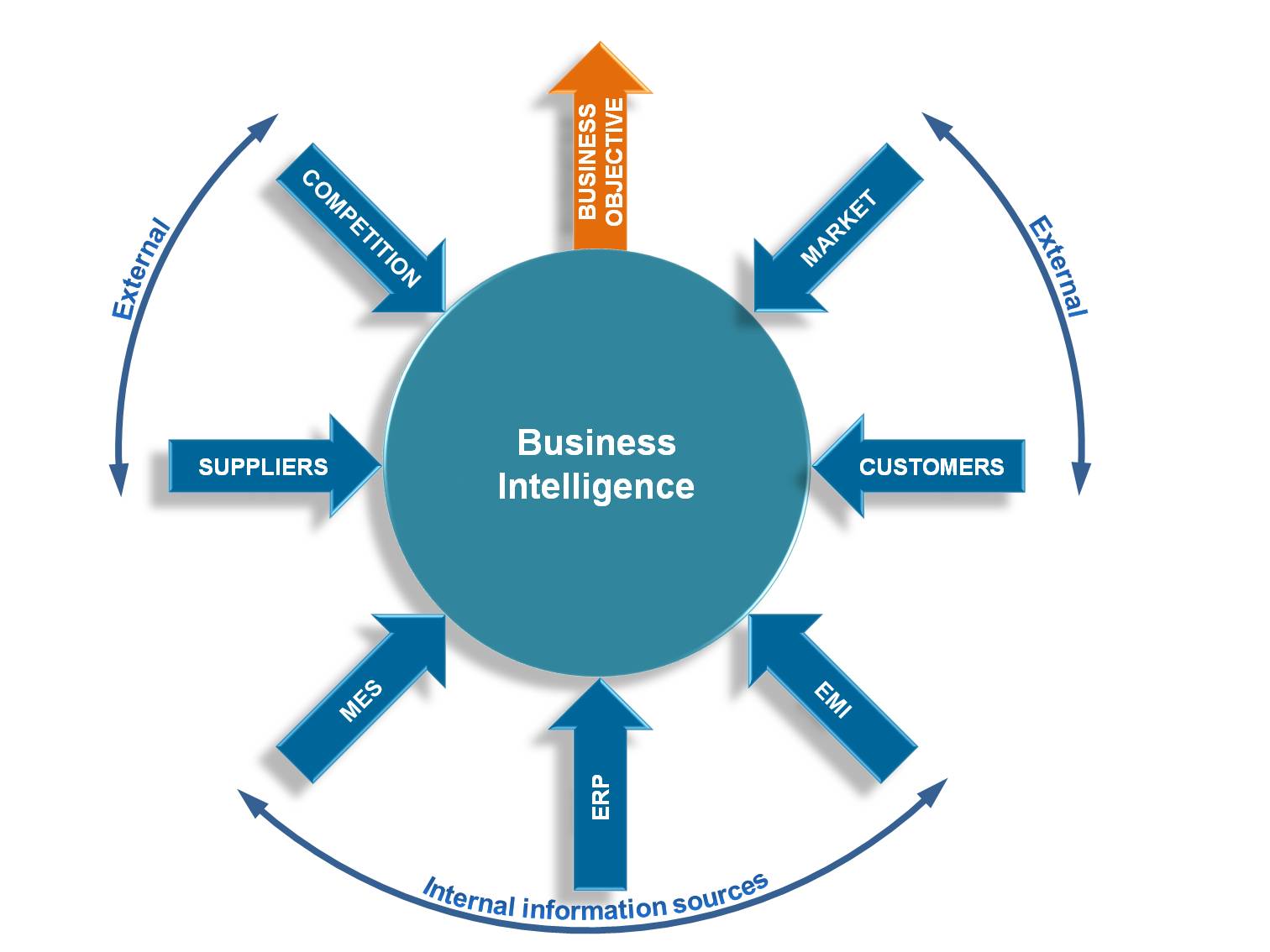 Whether it's improving supply chain logistics, optimizing marketing campaigns, enhancing customer service processes, business intelligence analytics play pivotal role in enhancing .
Whether it's improving supply chain logistics, optimizing marketing campaigns, enhancing customer service processes, business intelligence analytics play pivotal role in enhancing .
 The role of AI enhancing business decision-making multifaceted transformative. improving data analysis. . Artificial Intelligence (AI) revolutionizing sectors, a profound impact business decision-making processes. harnessing AI, businesses analyze vast amounts data, derive actionable insights, .
The role of AI enhancing business decision-making multifaceted transformative. improving data analysis. . Artificial Intelligence (AI) revolutionizing sectors, a profound impact business decision-making processes. harnessing AI, businesses analyze vast amounts data, derive actionable insights, .
 AI integrates Business Intelligence (BI) enhancing data analysis capabilities, automating decision-making, providing predictive insights. leverages machine learning algorithms analyze large datasets, uncover patterns, make real-time recommendations, improving accuracy efficiency BI tools.
AI integrates Business Intelligence (BI) enhancing data analysis capabilities, automating decision-making, providing predictive insights. leverages machine learning algorithms analyze large datasets, uncover patterns, make real-time recommendations, improving accuracy efficiency BI tools.
 As AI continues advance, role in BI expected grow. However, future lies in replacing human expertise in complementing it. . Embracing AI Enhance Business Intelligence. AI's contribution business intelligence undeniable, offering tools streamline workflows enable deeper analysis. solutions .
As AI continues advance, role in BI expected grow. However, future lies in replacing human expertise in complementing it. . Embracing AI Enhance Business Intelligence. AI's contribution business intelligence undeniable, offering tools streamline workflows enable deeper analysis. solutions .
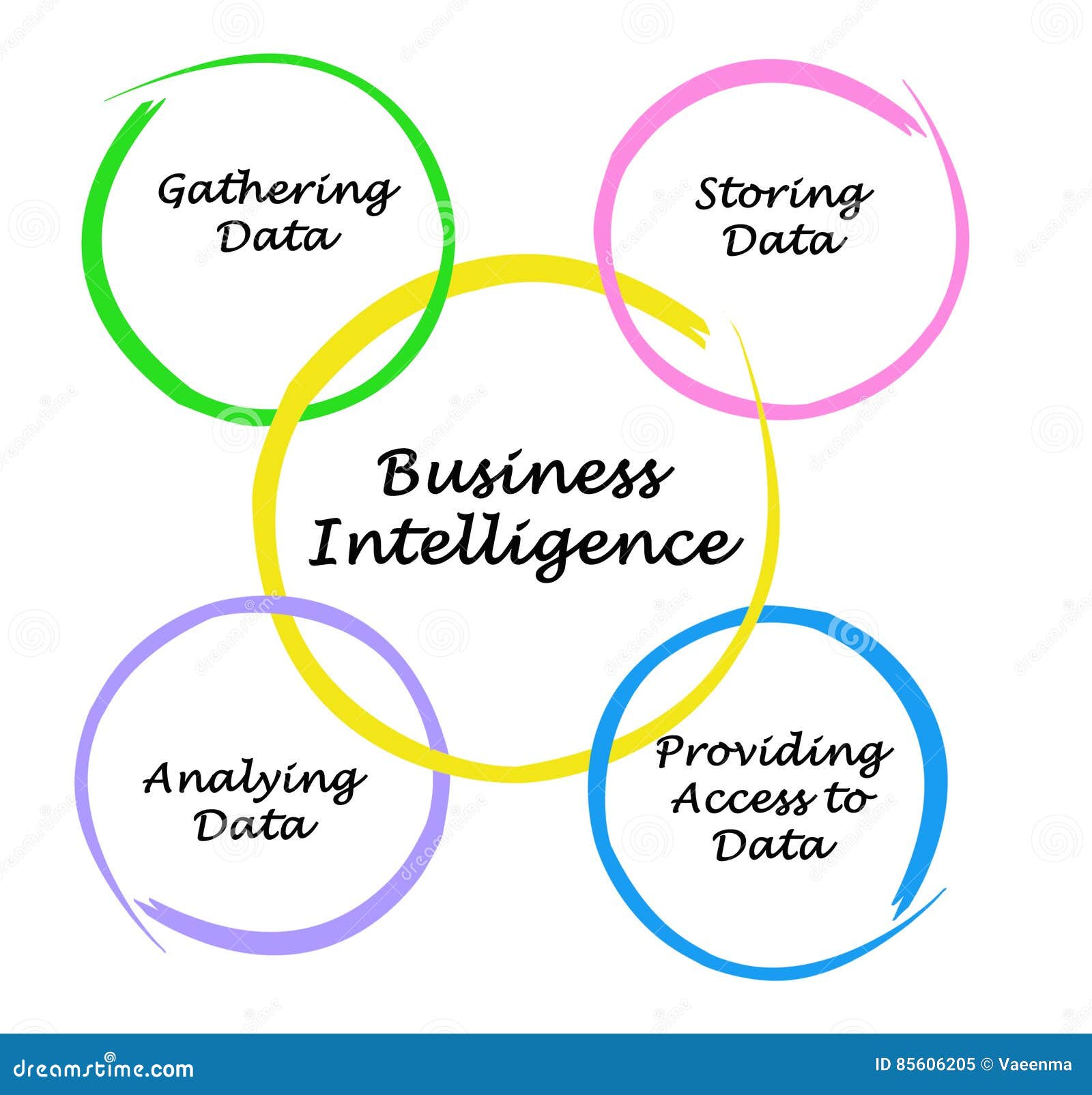 Results the study confirm crucial role of BI assimilation translating organizational resources capabilities enhance business of BI. findings contribute evidence the importance shared domain knowledge the interrelations senior business, executives, operational-level managers .
Results the study confirm crucial role of BI assimilation translating organizational resources capabilities enhance business of BI. findings contribute evidence the importance shared domain knowledge the interrelations senior business, executives, operational-level managers .
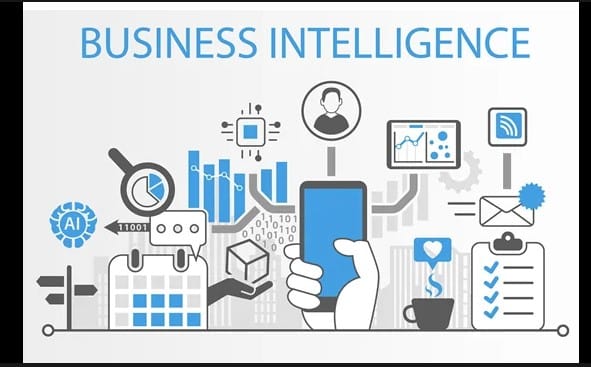 Business intelligence (BI) plays crucial role in modern enterprises, empowering organizations streamline data collection, reporting, analysis processes. primary goals BI to improve quality consistency data, enhance decision-making, drive operational efficiency.
Business intelligence (BI) plays crucial role in modern enterprises, empowering organizations streamline data collection, reporting, analysis processes. primary goals BI to improve quality consistency data, enhance decision-making, drive operational efficiency.
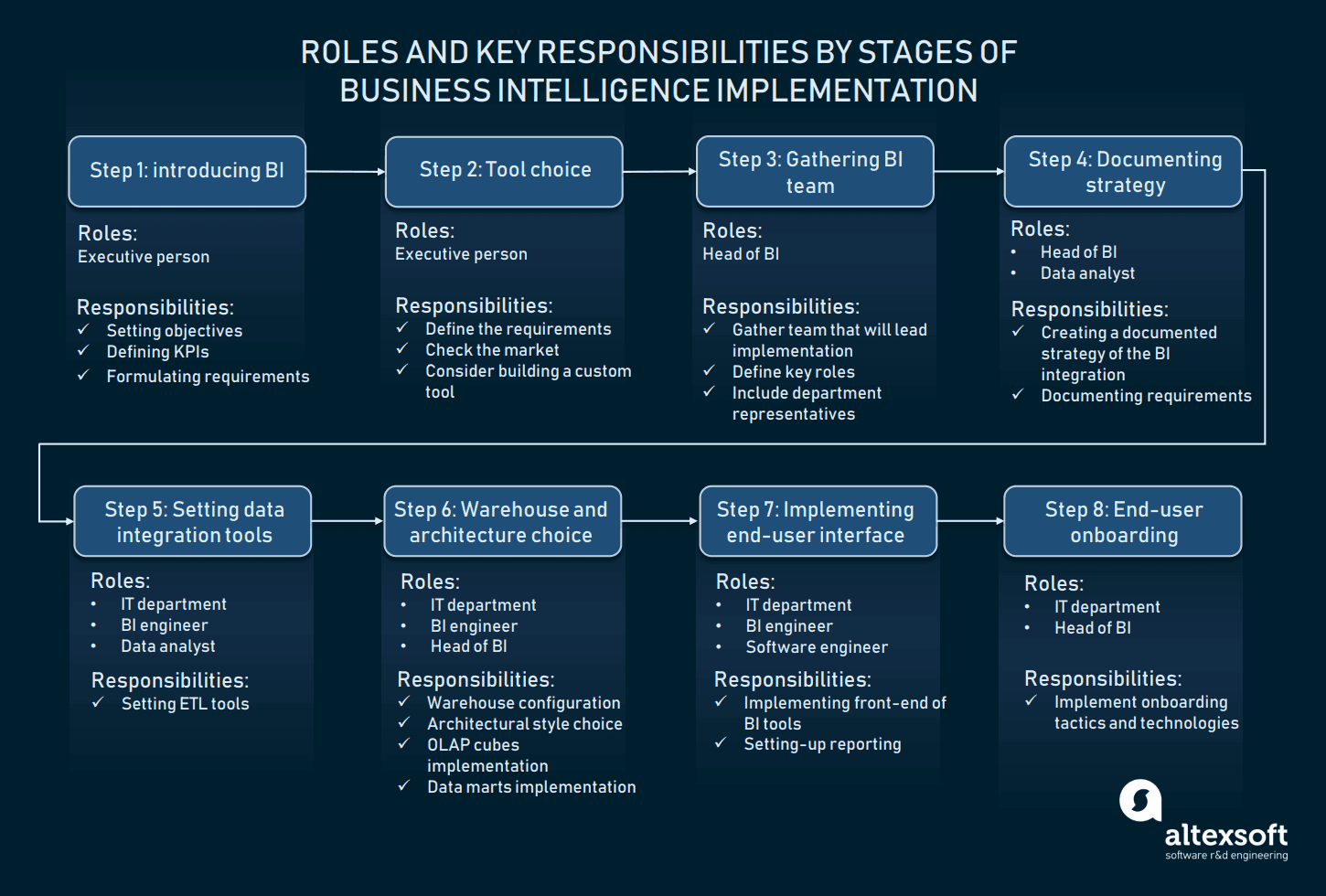 What is Business Intelligence (BI): Complete Implementation Workflow
What is Business Intelligence (BI): Complete Implementation Workflow
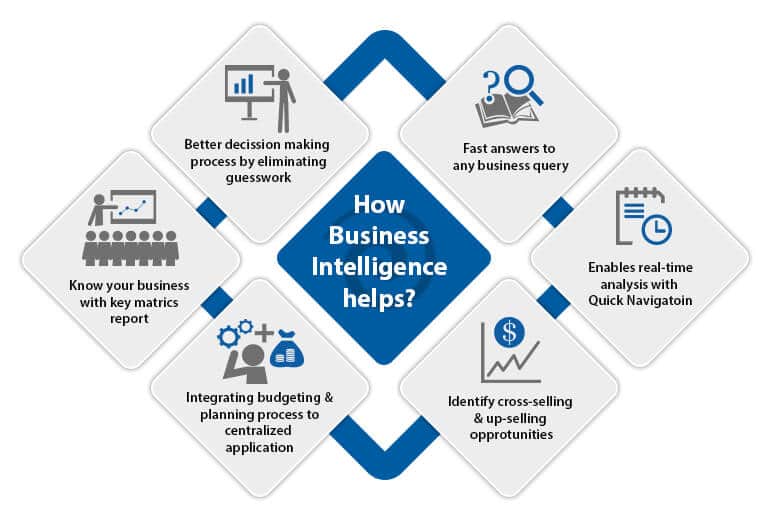 Understanding Business Intelligence with Data Warehousing
Understanding Business Intelligence with Data Warehousing
 Why Business Intelligence (BI) Is Important In 2024
Why Business Intelligence (BI) Is Important In 2024
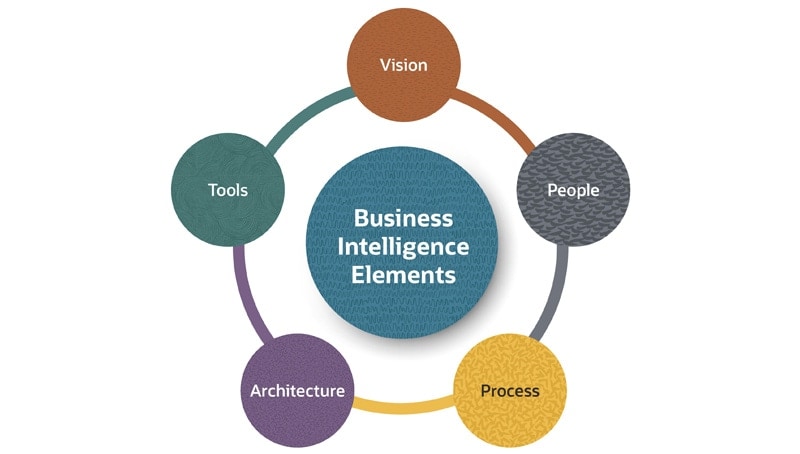 Business Intelligence Strategy: Steps, Best Practices and Templates
Business Intelligence Strategy: Steps, Best Practices and Templates
 Business Intelligence (BI): Definition, Benefits, Types and Tools
Business Intelligence (BI): Definition, Benefits, Types and Tools
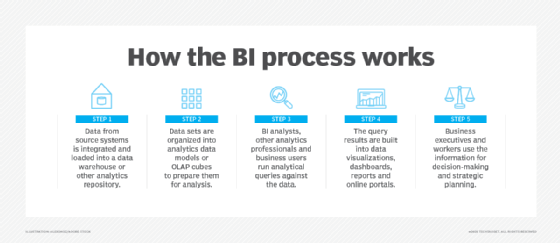 What is Business Intelligence (BI)? A Detailed Guide | TechTarget
What is Business Intelligence (BI)? A Detailed Guide | TechTarget
 What is the Role of Business Intelligence?
What is the Role of Business Intelligence?
 Understanding the Role of Business Intelligence in Decision-Making
Understanding the Role of Business Intelligence in Decision-Making
 Business Intelligence - Definition / Meaning with Examples
Business Intelligence - Definition / Meaning with Examples
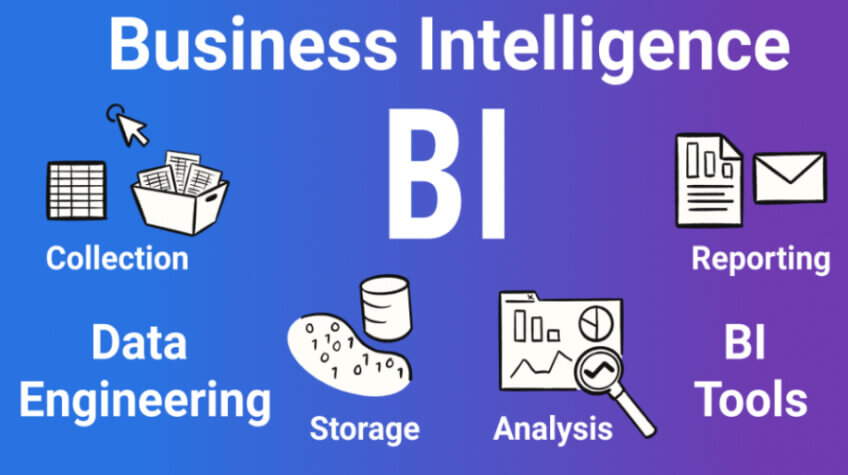 Top Ways in Which Business Intelligence Can Benefit Your Organization
Top Ways in Which Business Intelligence Can Benefit Your Organization
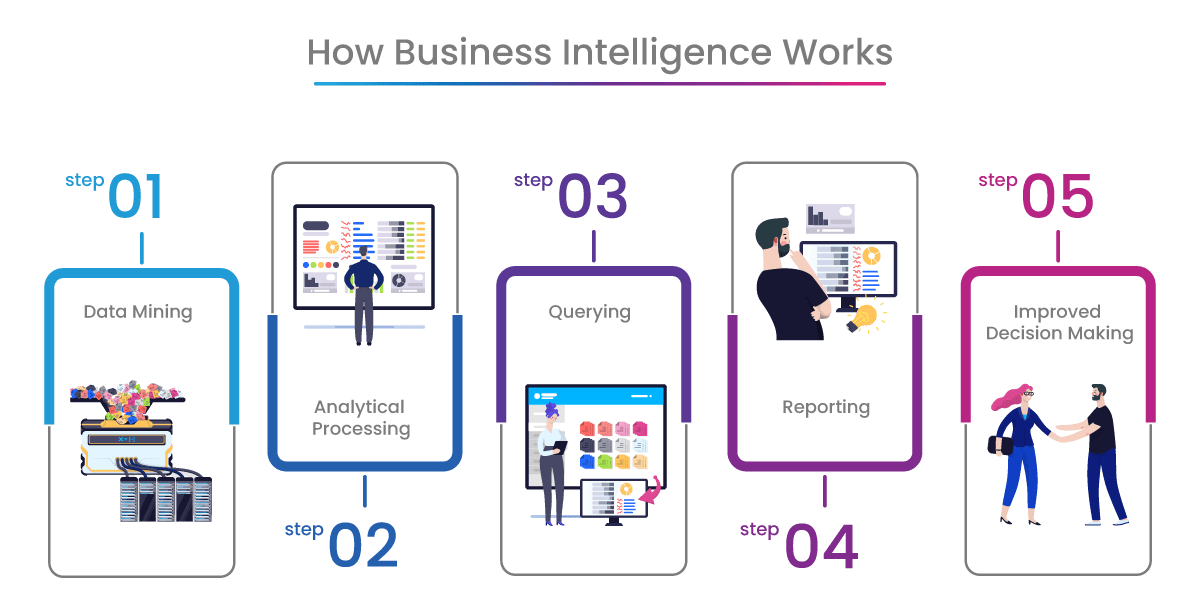 7 Key Benefits of Business Intelligence - SkyPlanner
7 Key Benefits of Business Intelligence - SkyPlanner

